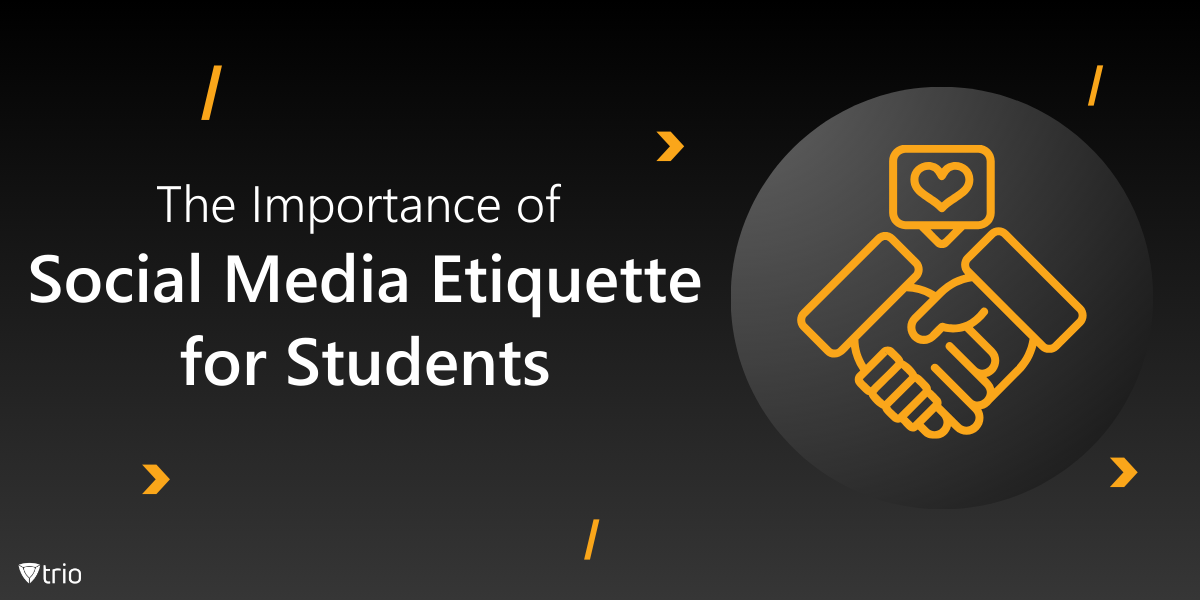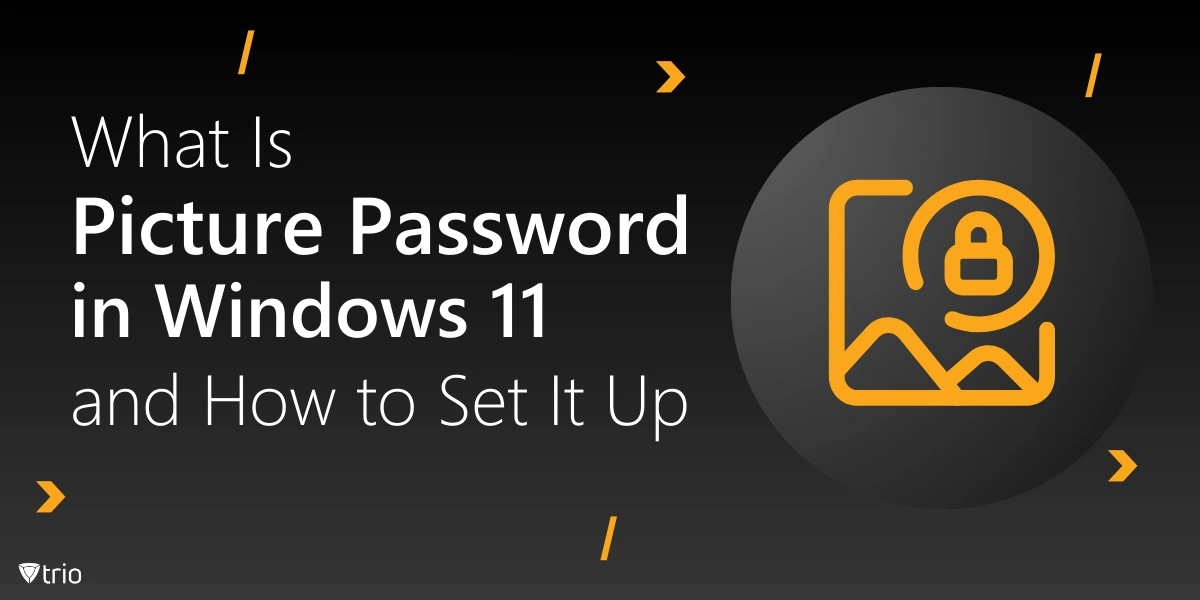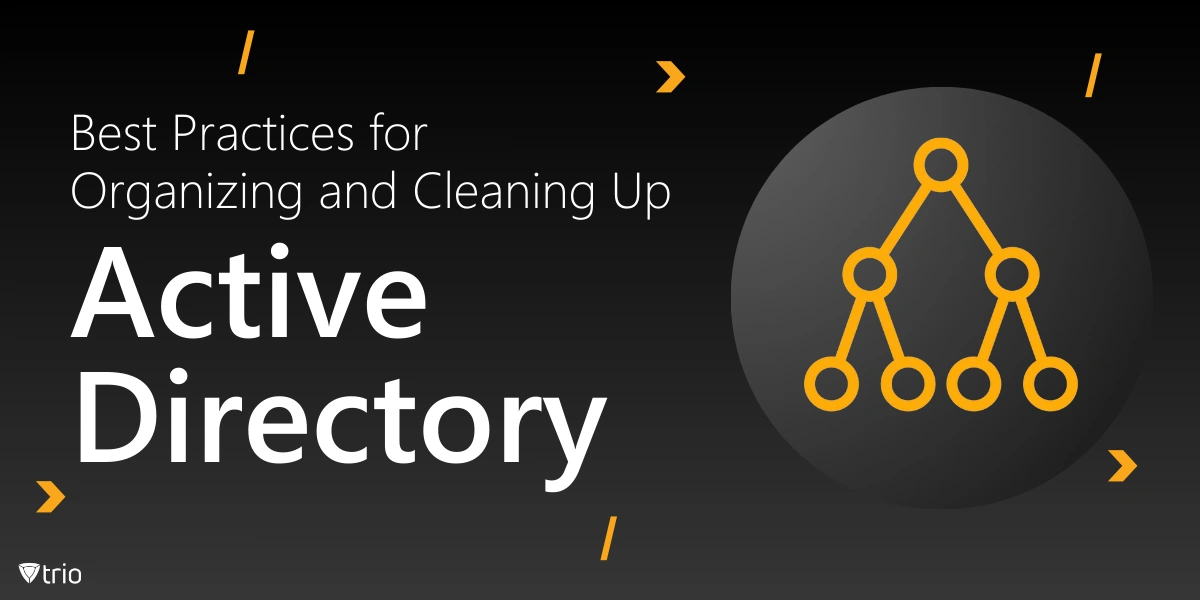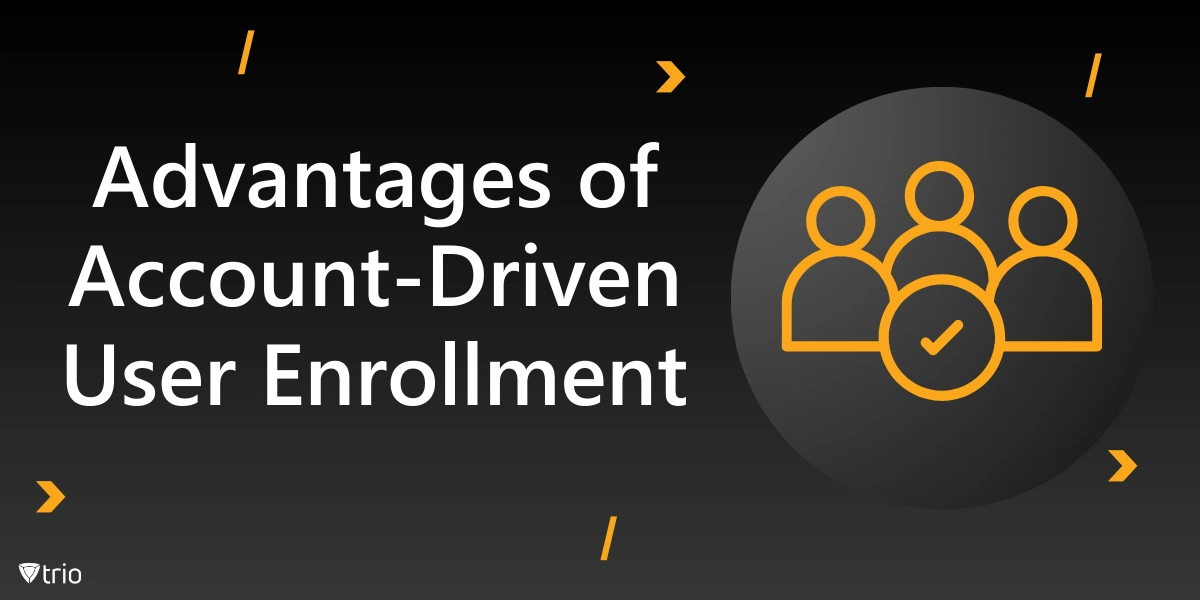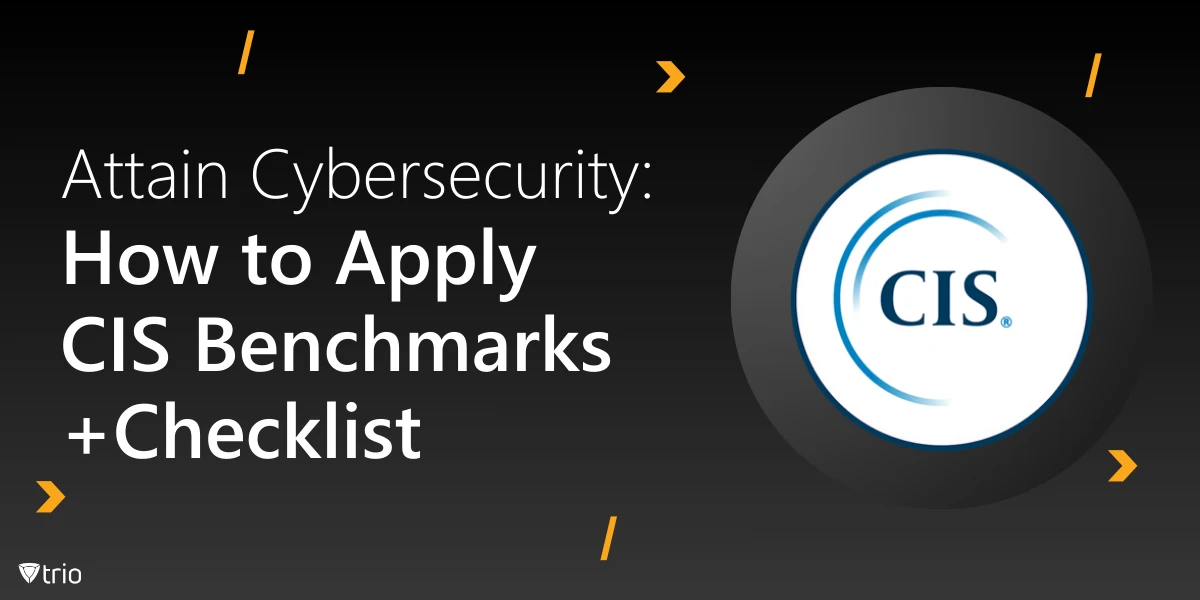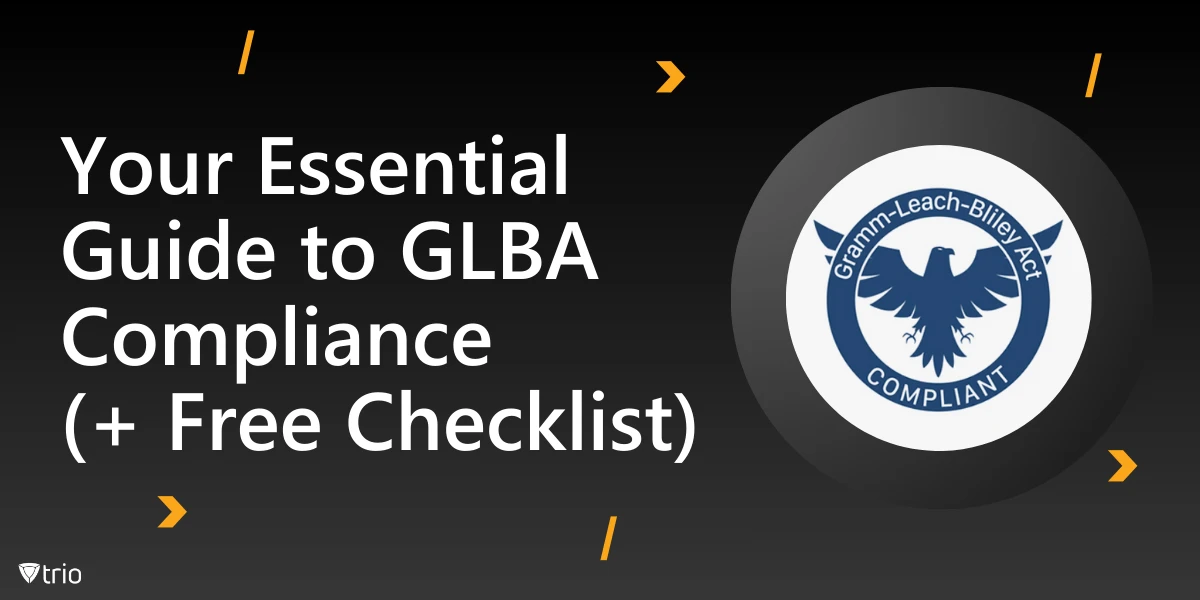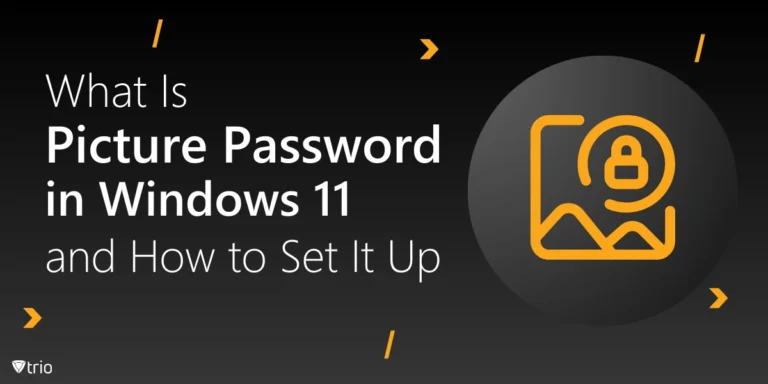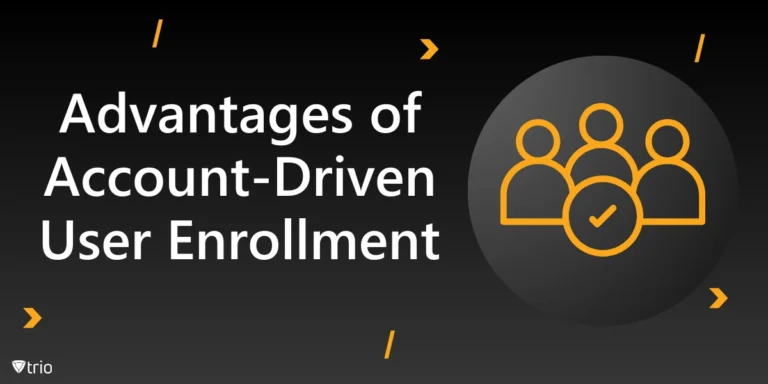In today’s connected world, social media is a powerful tool for self-expression, networking, and communication. However, for students, social media can be both a blessing and a curse. While platforms like Instagram, TikTok, and Twitter offer opportunities to connect with peers and showcase talents, they can also be a minefield of potential missteps. The way students present themselves online matters, especially when considering future college admissions, internships, and career opportunities. Practicing good social media etiquette for students can build and maintain a positive online image that reflects their best selves, while also avoiding the pitfalls that come with inappropriate or careless online behavior.
-
Understanding the Long-Term Importance of Social Media Etiquette for Students
Many students may not realize that what they post on social media today could affect their futures. Colleges and potential employers often search applicants’ social media profiles as part of their screening process. According to a CareerBuilder survey, “70% of employers check out applicants’ profiles as part of their screening process, and 54% have rejected applicants because of what they found.” Inappropriate language, offensive jokes, or controversial opinions could harm students’ chances of getting accepted into their dream schools or landing that first job.
By practicing proper social media etiquette, students can curate an online presence that highlights their positive attributes and achievements. Though there may not be any rules in social media, being mindful of what they share, considering how it could be perceived by others, and remembering that nothing posted online is ever truly private works best in the long run.
Social media posts create a digital footprint that follows students long after they’ve left high school. Encouraging students to think before they post can help them avoid unnecessary setbacks in the future and build an image they’ll be proud to stand by.
-
Encouraging Thoughtful and Respectful Interactions
One of the cornerstones of social media etiquette is treating others with respect. The way students interact with their peers, teachers, and the broader online community can have a significant impact on their reputation. Engaging in arguments, posting rude comments, or participating in cyberbullying can quickly tarnish a student’s online image and lead to long-lasting consequences. Making a list of social media dos and don’ts can be helpful in these cases.
To build a positive online image, students should aim to engage in thoughtful, respectful interactions. This includes offering constructive feedback, avoiding negativity, and standing up against harmful behavior. Students should also remember that they represent themselves as well as their schools, families, and communities in online spaces.
Learning how to communicate effectively and respectfully online is not only beneficial for personal growth but also for professional development. Employers often seek individuals who can navigate difficult conversations with maturity and respect, both in person and online. By demonstrating these qualities on social media, students can set themselves apart from their peers.
-
Showcasing Talents and Achievements
Social media isn’t just about socializing—it’s also a platform for showcasing talents, skills, and achievements. Whether students are passionate about sports, arts, academics, or volunteering, social media provides a way to share their interests with a wider audience. By sharing these positive aspects of their lives, students can create an online persona that reflects their dedication, work ethic, and character.
Encouraging students to focus on their passions and post about their achievements can help them stand out in the competitive world of college admissions and job applications. For example, students can share photos or videos of their participation in extracurricular activities, awards they’ve won, or projects they’ve completed. These positive posts not only build a strong online image but also serve as a portfolio of accomplishments that can be referenced later during interviews or applications.
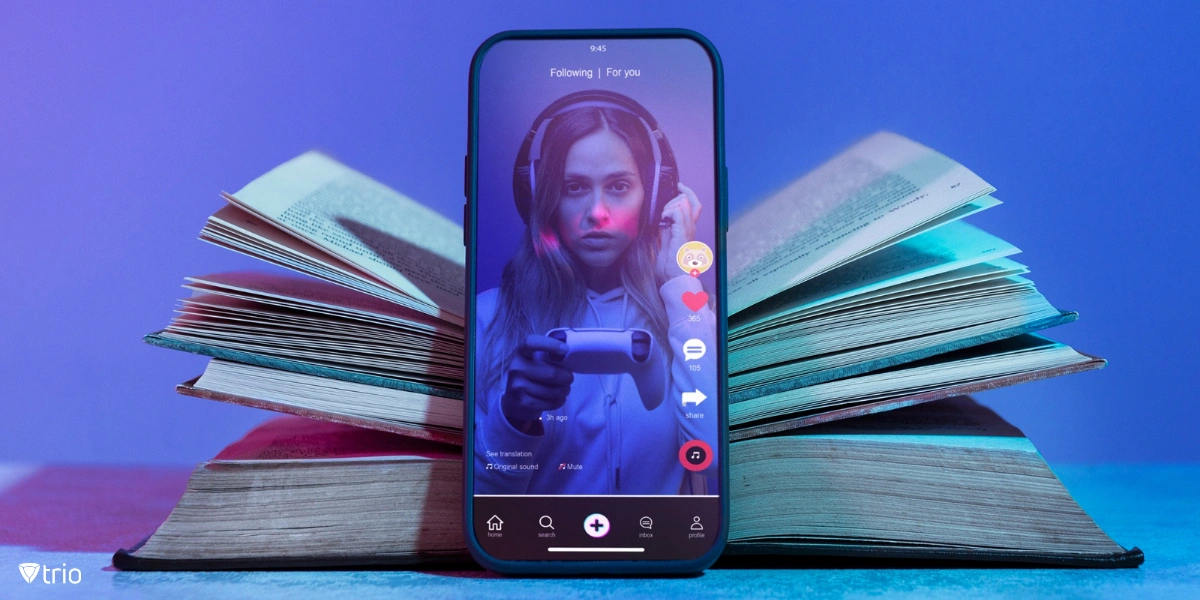
-
Balancing Privacy with Public Sharing
While it’s important to showcase talents and achievements, students must also be aware of privacy settings and the boundaries of what they share publicly. The do’s and don’ts of social media for students includes understanding when to keep certain posts private and who can view them. Students should take the time to review their privacy settings regularly and ensure they’re comfortable with who can see their posts.
Sharing too much personal information can not only affect a student’s online image but also pose security risks. Social media platforms often prompt users to share details like their location, school, or personal photos. By adjusting privacy settings and being selective about what they share publicly, students can protect their personal information while still presenting a polished and positive image online.
Balancing privacy with public sharing is an essential skill for navigating the digital world. It allows students to control their narrative while protecting themselves from potential dangers like identity theft or cyberstalking.
-
Developing a Professional Online Presence
As students move closer to entering the workforce, developing a professional online presence becomes increasingly important. Social media platforms like LinkedIn provide students with a way to build professional networks, showcase their academic achievements, and highlight career aspirations.
Students can begin developing their professional online presence by cleaning up older social media profiles and focusing on sharing content that aligns with their career goals. This could include articles related to their field of interest, posts about internships or volunteer work, or even reflections on personal growth. By starting early, students can cultivate an online persona that’s not only appealing to college admissions officers but also attractive to future employers.
Download a Free Social Media Etiquette Infographic for Students
To help students navigate social media responsibly, schools can download a free Social Media Etiquette Infographic that provides clear guidelines for positive online behavior. This infographic serves as a visual reminder of the key principles students should follow when engaging on platforms like Instagram, TikTok, and Twitter. Schools can print the infographic and display it in classrooms, common areas, or on bulletin boards to reinforce the importance of maintaining a positive online image.
Download your free infographic from here. For more insights into the role of technology in education, take a look at our Education Infographic to explore how schools are addressing digital challenges in today’s world.
Conclusion
Practicing good social media etiquette helps students avoid common online pitfalls while allowing them to build a positive online image that reflects their best selves. From being mindful of their posts to engaging respectfully with others, students can create a digital footprint that enhances their academic and professional futures.
Empower students to build a positive online image with the right tools. Trio Education Mobile Device Management solution lets you monitor, manage, and secure student devices effectively. Try Trio Education in a free trial and guide students towards responsible digital behavior. Building a positive online image is an investment in the future—and social media etiquette is the foundation.
